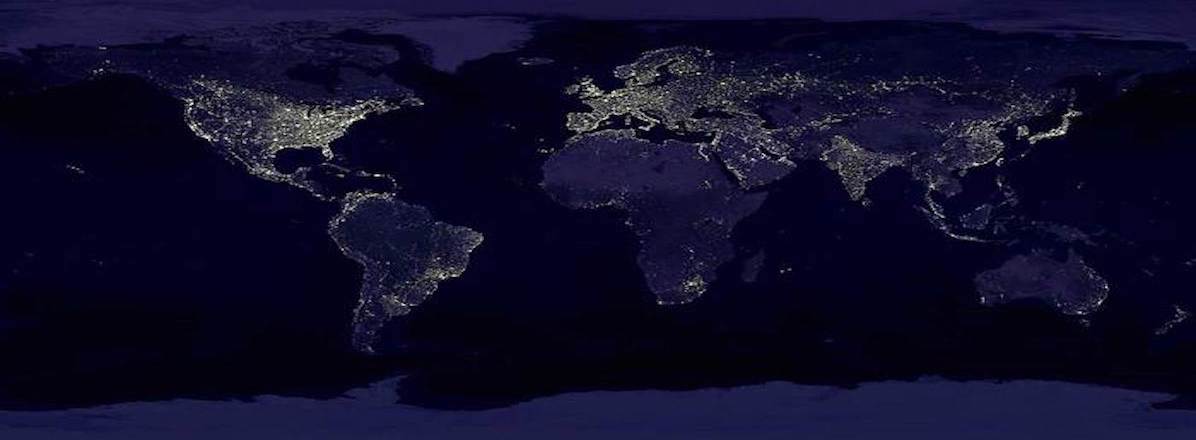A nation must think before it acts.
Foreign State-Sponsored Coverage of the American Press During the 2020 Election
January 25, 2021
Post by Renée Ghosh
Russia, China, and Iran and their corresponding state-backed media outlets are all known to push state-driven narratives critical of the U.S. However, the extent to which each country’s state-backed media discusses the American press in coverage differs. FIE 2020 examined more than 300 state-sponsored media articles from RT, Sputnik News, PressTV and the Global Times that explicitly mentioned U.S. media outlets amid the 2020 election. Russian state-sponsored outlets RT and Sputnik News pushed the most frequent and most negative mentions of the American press, often likening American mainstream media to fake news and as overly biased, but Iran’s PressTV and China’s Global Times also criticized U.S. outlets, especially in the context of coverage about issues of strategic interest.
Denigrating the U.S. mainstream media and portraying mainstream outlets as in the pocket of Democrats appeared to be part of Russia’s strategy aiming to widen divisions among Americans. Common Russian state-sponsored media narratives about U.S. media institutions included:
- Claims that U.S. media outlets are promoting a liberal agenda or are unfairly favorable toward Democrats
- Defensiveness about themes related to coverage of Russia in the U.S. press, such as reporting on the Russian hack of the DNC in 2016 or what Russian state media often refers to as “Russiagate”
- Highlighting controversies, gaffes or criticisms concerning U.S. media coverage
- Echoing criticisms made by U.S. politicians
CNN was often negatively mentioned by Russian state-sponsored outlets in coverage about the American press. Coverage often suggested that CNN produced highly biased reporting, focused on trivial stories, pushed for war, hired untrustworthy individuals, and that the network was desperate to paint Trump negatively. Aside from suggesting that CNN was highly biased against former President Trump, content also portrayed CNN as unfairly biased against populist candidates boosted by Russian media like Bernie Sanders.
Leading into the 2020 election, Russian state-backed media continued to imply that CNN actively helped former Secretary of State Hillary Clinton win the Democratic nomination in 2016. Other articles approached stories about Trump’s impeachment similarly, claiming mainstream networks were “determined to walk the same path with impeachment that they did with the deflated ‘Russiagate.’”
China’s Global Times also criticized the U.S. media in various articles, with particular emphasis on the New York Times and its reporting on issues of strategic interest to China. A common theme emerged in the Global Times: Portrayals of American media outlets as biased against China and smearing the Chinese government’s actions to promote the West. For example, an article titled “Western media hype arrests before Huawei exec trial” states that “Western media like the NYT … hold biased views on China and spread rumours on social media.” The Global Times was particularly incensed by Western reporting on COVID-19, especially in the early days of the outbreak. One article called the New York Times‘s reporting “unprofessional, biased, and even inhuman,” while another accused the New York Times of “taking sides in their reporting based on ideological motivations” with regards to global COVID-19 coverage.
Broadly, the idea that American news organizations carry anti-Chinese sentiment was frequently suggested as justification for why American media would produce critical reports of China’s actions or policies. Anti-Chinese sentiment was also used to explain away critical coverage of Huawei and other topics relating to Chinese tech companies or 5G, as well as the Chinese government’s treatment of the Uighur population. American outlets were still cited as legitimate sources, however, in Global Times coverage critical of Trump or American leadership.
Iran’s PressTV mentioned and criticized American media far less frequently than Russian and Chinese outlets, but did at times publish content critical of the American press, especially with regard to the COVID-19 pandemic and reporting on Iran. One PressTV article titled “Washington Post hypes fake news on coronavirus ‘burial pits’ in Iran” disputed reporting by the Washington Post on Iran’s handling of the severity of COVID-19 in the country, calling the article “fake news.” However, in other instances, American media outlets are cited as credible news sources, particularly in coverage that aligned with Iranian preferred narratives, such as coverage of Saudi Arabia’s hacking of Jeff Bezos’s cell phone.




